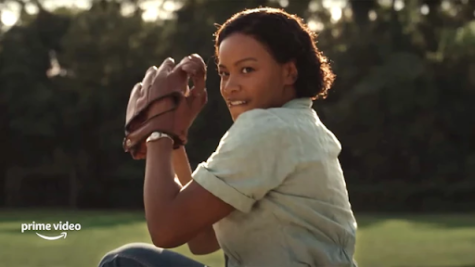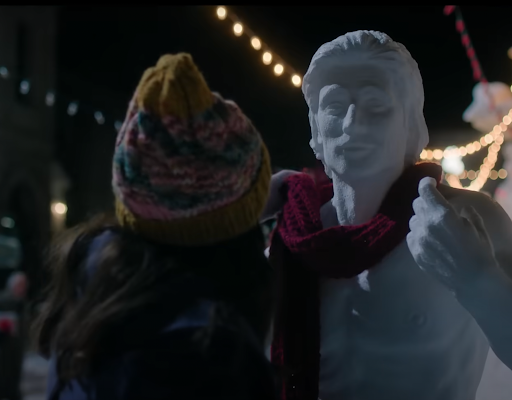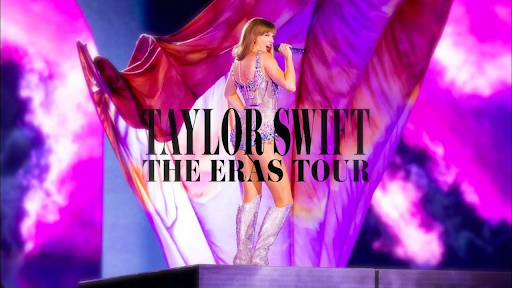
The eight-episode version of the 1992 classic film “A League of Their Own” was released on Amazon Prime Video on Aug. 12. This mini-series, also titled “A League of Their Own,” emphasizes the trials and tribulations of the All-American Women’s Baseball League, with a few new welcome additions that expand viewers’ understanding of female hardships in the 1940’s.
While director Penny Marshall’s film focused mainly on the story of Dottie (Geena Davis) and the rivalry with her sister Kit (Lori Petty), this revival has diverse characters to tell the stories of many women from various walks of life. The series was not a re-do of the film, but rather, it was the telling of a different story of who these women were, the discrimination they faced and the difficulties they endured to uncover their true sexual orientations. Abbi Jacobson, who co-created the show with Will Graham, stars as Carson Shaw, who struggles throughout the series with who she is and what she wants her life to be. Jacobson and Graham’s casting was done with immense respect to the characters, as each actor matched the race, ethnicity and sexual orientation of each character they were playing.
Traditionally in stories about team sports, the important message of working together is always prominent. However, this version of the story takes an intriguingly-divergent path by exploring how the safety net and familial nature of a team allows for the growth of individuals. Carson knows she is more attracted to women than men, despite being married, but is afraid of the repercussions of this. Despite her initial fear, she pursues a relationship with one of her teammates, Greta Gill (D’Arcy Carden). The free-spirited nature and free-willing character of Greta brings out the real person in Carson that she, and society, stifled for so long.
The intertwining story alongside Carson’s is Max Chapman’s character: she desperately wants to play baseball, but is prohibited from doing so because she is a Black woman. Max is also lesbian, and finds it extremely difficult to not only be accepted by society, but to be accepted by her own mother. The same fear of repercussions is present in Max, as she identifies more as male than female, but is fearful of reactions.
What makes “A League of Their Own” so unique is through the parallel stories. Carson and Max face their own troubles and issues, and while they sometimes come together to speak about their lives, their paths are extremely different. Shows that run on two separate circuits do not always work harmoniously, but here it works cleverly and skillfully, allowing both storylines to maintain their appeal. Both Carson and Max’s stories unfold at alluring paces as they figure out what is possible for them, and who they can be.
The series is heartening, inspirational and a feel-good drama, and manages to steer clear of the slippery slope of excessive cliches and formalities. It focuses on racism and sexism, and poses the question of what femininity is expected to look like versus what it can look like. Harsh topics are not sugar-coated or avoided, but rather, they are tackled head-on and depicted in considerate and courteous ways. “A League of Their Own” is as funny as it is touching, even if it turns out there is crying in baseball after all.







